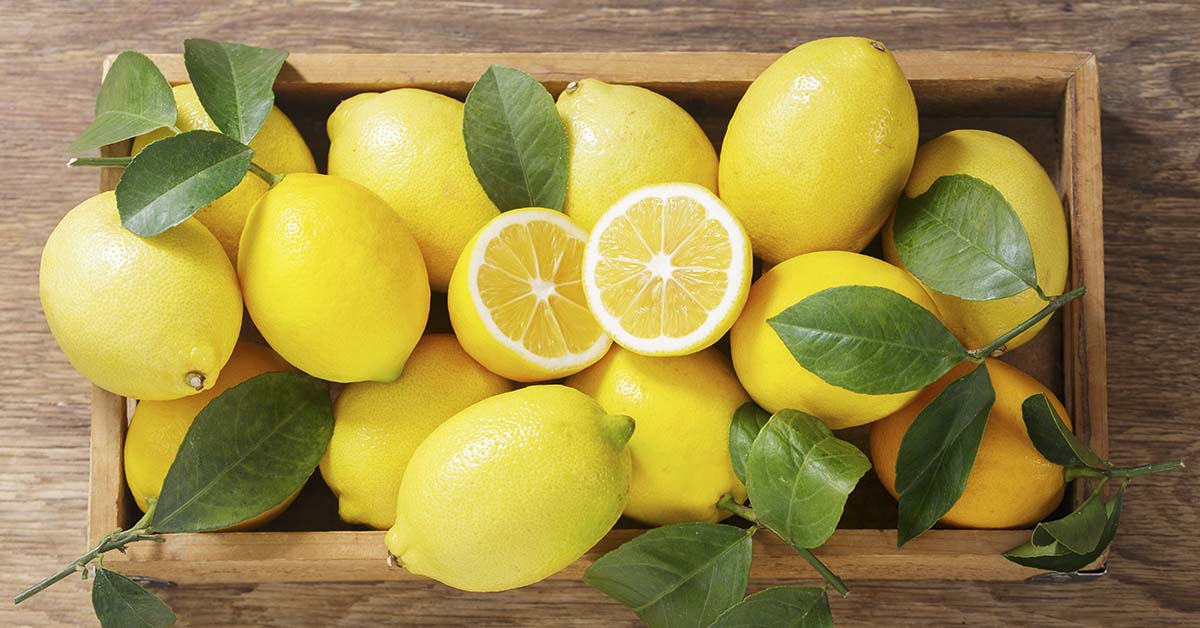Lemons offer more than flavor. While we chase expensive supplements and complicated health trends, they sit in our kitchens, offering vitamin C, antioxidants, and compounds that may support various aspects of health. The everyday uses for lemons can make healthy choices more enjoyable and sustainable.
Why They Deserve a Place in Your Wellness Routine
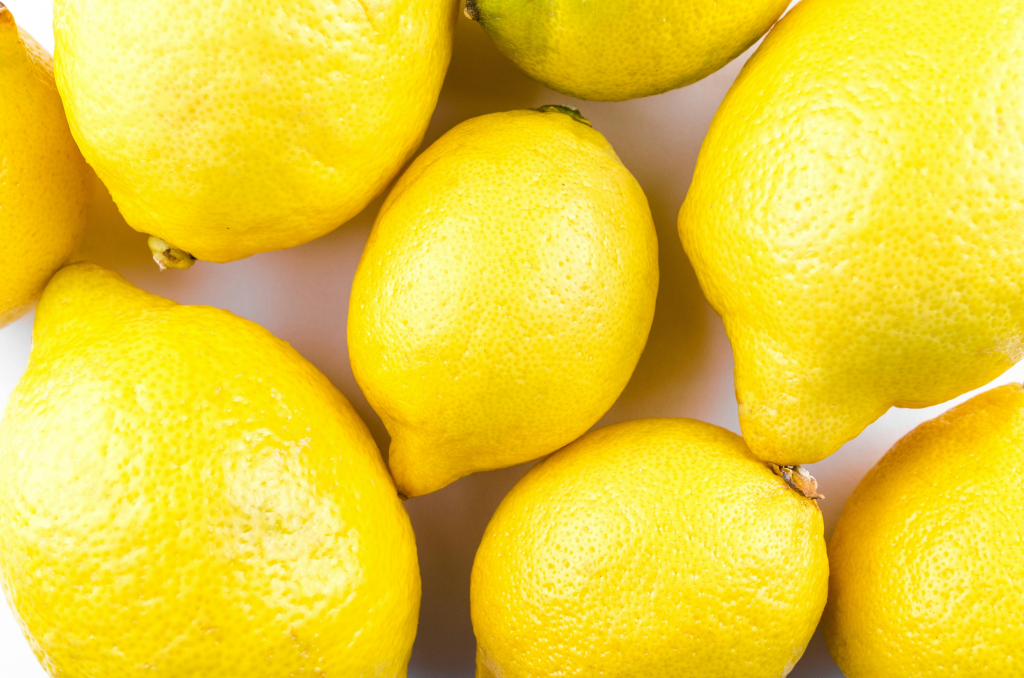
“Lemons and limes provide you with the same vitamins and minerals as other citrus fruits, but they do it with less sugar,” according to health experts. Daily consumption isn’t about dramatic transformations. It’s about giving your body vitamin C and plant compounds that fight cell damage. They are versatile and can make healthy habits more enjoyable, whether you’re trying to drink more water or eat more vegetables. While not miracle cures, the everyday uses for lemons offer benefits that support a healthy lifestyle.
Start Your Morning with Warm Citrus Water

“Both the juice and the peel can help lower blood pressure,” note nutrition experts, when consumed before and after physical activity. Starting your day with warm lemon water provides hydration after hours without fluids, something your body needs. Vitamin C supports your immune system, while the taste may encourage you to drink more water throughout the day. Squeeze half a lemon into a cup of warm water, and sip it as you begin your morning routine.
Transform Your Salads with Fresh Citrus Juice
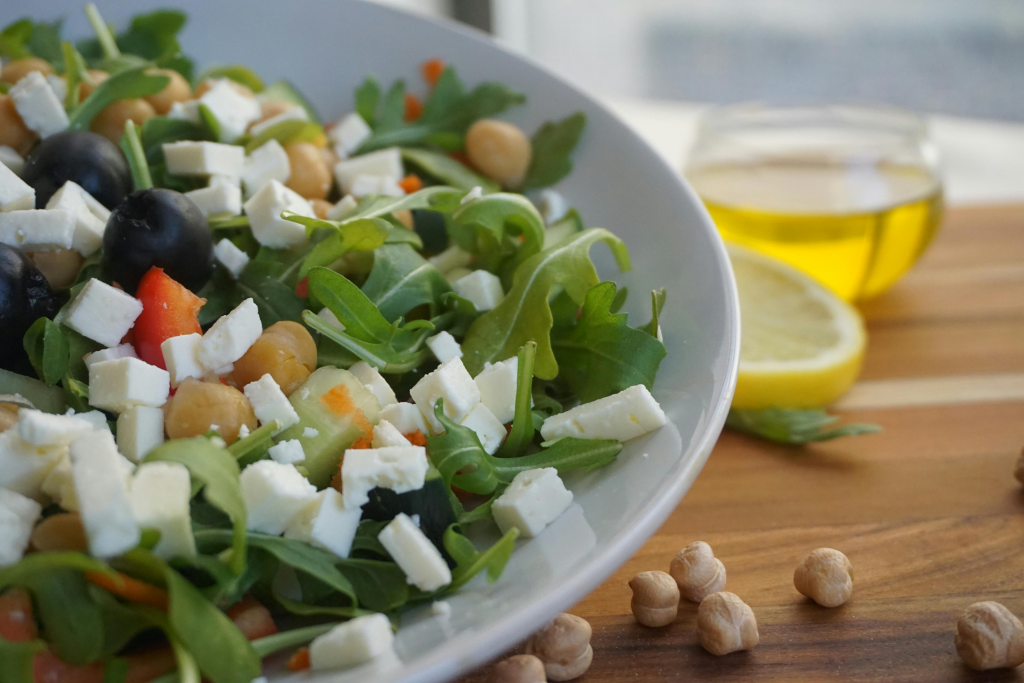
Lemon-dressed salads offer more than just better flavor, they may also help protect against harmful bacteria. The high acid content (mostly citric acid, pH ~2) in lemon juice can reduce or kill some bacteria, like salmonella, that might be on your greens, adding an extra layer of safety. While you shouldn’t rely on lemon juice as a disinfectant to make food safe to eat, adding it certainly doesn’t hurt. A mixture of fresh lemon juice, olive oil, and herbs creates a dressing that’s lower in calories than most store-bought alternatives. Plus, the vitamin C in lemon juice can help your body absorb iron from leafy greens, making the most of the nutrients in your salad.
Read More: What Happens When You Drink Cold vs. Room Temp Water? 7 Eye-Opening Facts
Learn What’s in the Zest

The yellow peel you discard contains some of the most potent compounds. The zest is rich in essential oils and plant compounds that fight cell damage. “Vitamin C and beneficial plant substances are all plentiful in lemons,” explain health professionals, with many concentrated in the peel. Grating fresh zest over roasted vegetables, stirring it into yogurt, or adding it to baked goods gives you access to these nutrients while creating an aromatic experience that makes healthy eating more enjoyable. The oils in the zest can elevate dishes while supporting your body’s fight against cellular damage, and these simple, everyday techniques for cooking with lemons have countless practical uses.
Brighten Your Smoothies with Citrus Power

Adding lemon juice upgrades your smoothie. These enhanced drinks provide B vitamins like thiamin and riboflavin, which play a role in energy metabolism. The tartness balances sweet fruits while adding vitamins, which helps your body build healthy skin. Adding it to a green smoothie with spinach, apple, and ginger brightens the flavor, or try it in a berry smoothie for extra vitamin C. The citric acid helps preserve some of the smoothie’s nutrients while creating a refreshing drink that adds variety to your routine.
Read More: 10 Powerful Reasons to Add Ginger Tea to Your Routine
Create Herbal Teas with Citrus

Reach for lemon herbal tea instead of another cup of coffee. Combining it with herbs like ginger creates a warming, flavorful drink that many people find soothing. Vitamin C supports immune function, according to nutrition specialists, while ginger adds its beneficial compounds. Fresh mint and citrus create a cooling combination perfect for hot days, while the combination with chamomile offers evening relaxation. These infusions provide hydration, some antioxidants, and a pleasant ritual without caffeine.
Craft Healthier Dressings and Sauces

Store-bought dressings often hide sugar, preservatives, and calories. Homemade lemon dressings give you control over your ingredients while providing fresh nutrition. A vinaigrette using lemon juice, olive oil, Dijon mustard, and herbs can change any meal from ordinary to extraordinary. The citric acid acts as a preservative, keeping your homemade dressings fresh longer than you might expect. These dressings work on everything from grilled vegetables to grain bowls, making healthy eating feel luxurious rather than restrictive.
Stay Hydrated with Flavored Citrus Water
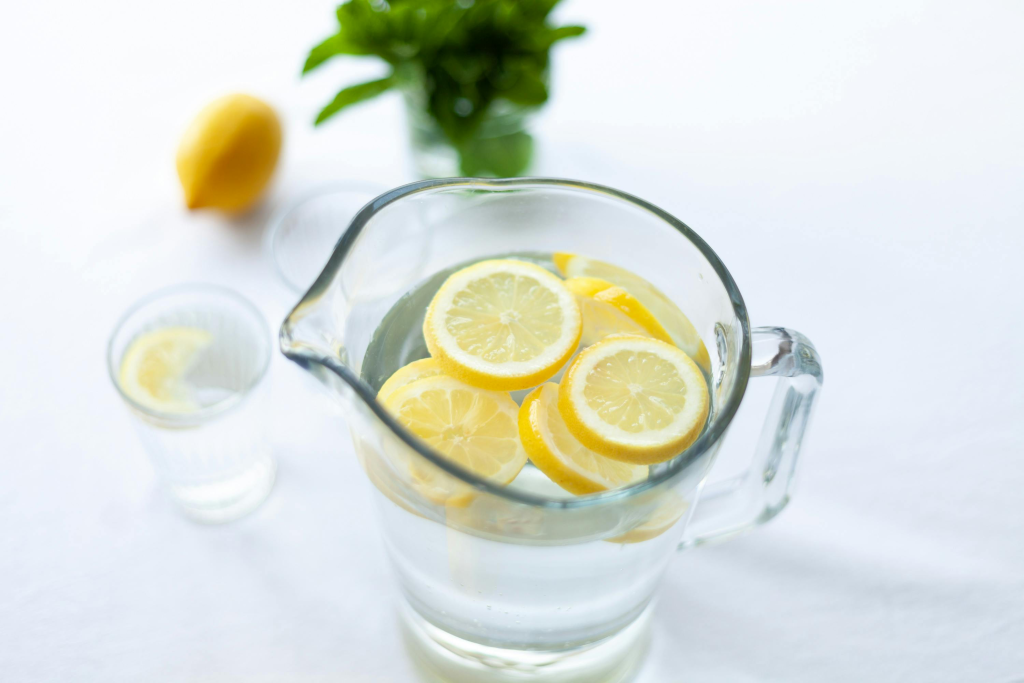
Plain water can feel boring, but flavored lemon water makes hydration something to look forward to. Preparing water bottles with fresh slices, cucumber and mint creates refreshing drinks that may encourage you to drink more throughout the day. The natural acids may help prevent kidney stones by changing how minerals work in your system. Keeping prepared infused water in your refrigerator means healthy hydration is within reach. The flavor makes it easier to reach your water goals while providing some vitamin C throughout the day.
Read More: 3 Reasons Why You Should Freeze Lemons & How To Do It
Everyday Precautions for Safe Lemon Uses

While offering benefits, it’s important to use them mindfully. Citric acid can damage tooth enamel over time, so consider drinking lemon water through a straw and rinsing your mouth with plain water afterward. If you’re sensitive to citrus or prone to heartburn, start with small amounts to see how your body responds. Remember that while they can complement a healthy lifestyle, they’re not cure-alls or detox miracles. They’re nutritious additions that can make healthy choices more enjoyable.
Use Citrus as Nature’s Preservative

Beyond health benefits, lemons as a preservative offer practical wellness advantages in your kitchen. The acid in fresh juice prevents browning in cut fruits and vegetables, keeping your healthy snacks looking and tasting fresh longer. Tossing sliced apples with juice prevents browning. The same principle works for avocados, keeping them green and appealing for meal prep. This preservation method reduces food waste while ensuring your healthy foods stay nutritious and appetizing. It’s a way to make eating well more convenient and sustainable.
Embrace it in Self-Care

The wellness benefits extend beyond what you consume. The vitamin C that supports internal health also helps your body build healthy skin when applied topically, though diluted and patch-tested first. A sugar scrub made with zest, olive oil, and sugar creates an exfoliating treatment that leaves skin smooth and bright. The fresh scent can lift your mood and create a spa-like experience at home. These everyday beauty treatments for ingredient-conscious self-care show how lemons have practical uses that support both physical and emotional wellness.
Making Citrus Part of Your Wellness Journey
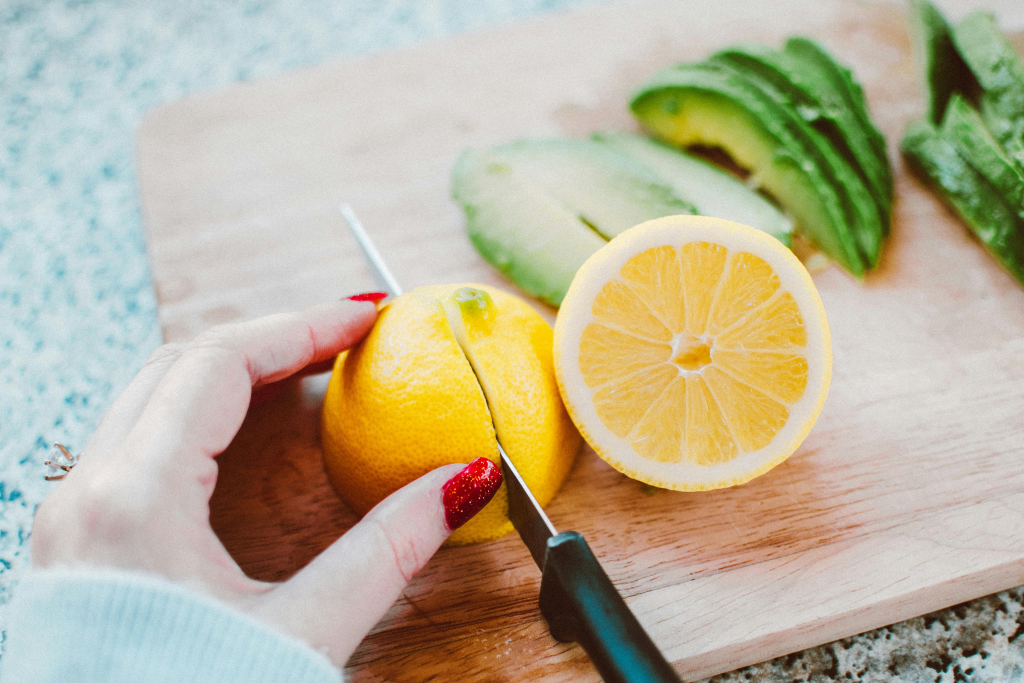
Better health doesn’t require dramatic overhauls or expensive supplements. Sometimes it starts with adding lemon to your routine. These nine approaches offer multiple entry points for different lifestyles and preferences. Whether you begin with morning-infused water or start experimenting with homemade dressings, each change can build upon the last. The compounds provide plant compounds, and natural acids with antioxidant benefits that support various aspects of health.
Making It Last
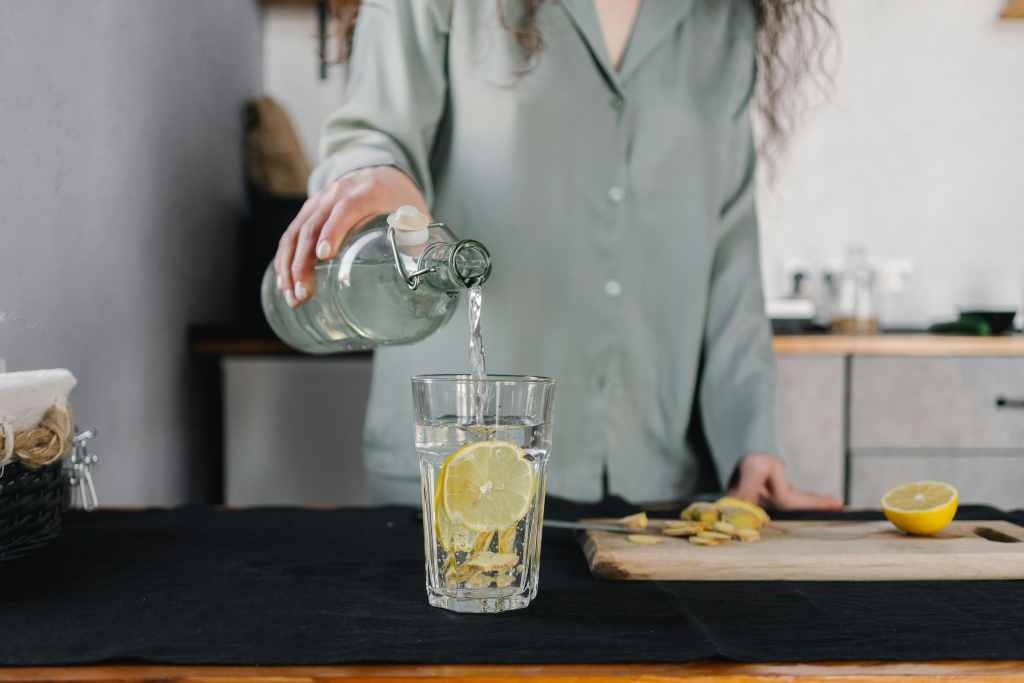
The most sustainable wellness practices are the ones that feel enjoyable rather than forced, making lemons perfect for everyday wellness uses that don’t disrupt your existing routine. Incorporating lemon into your wellness routine is appealing because of its accessibility and versatility. These changes will feel manageable because they enhance what you’re already doing rather than needing entirely new habits. As you experiment with these approaches, you may find that adding fresh lemon to your day creates greater awareness of the healthy choices you’re making.
Disclaimer: This information is not intended to be a substitute for professional medical advice, diagnosis or treatment and is for information only. Always seek the advice of your physician or another qualified health provider with any questions about your medical condition and/or current medication. Do not disregard professional medical advice or delay seeking advice or treatment because of something you have read here.
Read More: How To Grow An Unlimited Supply Of Lemons Using Just 1 Seed
